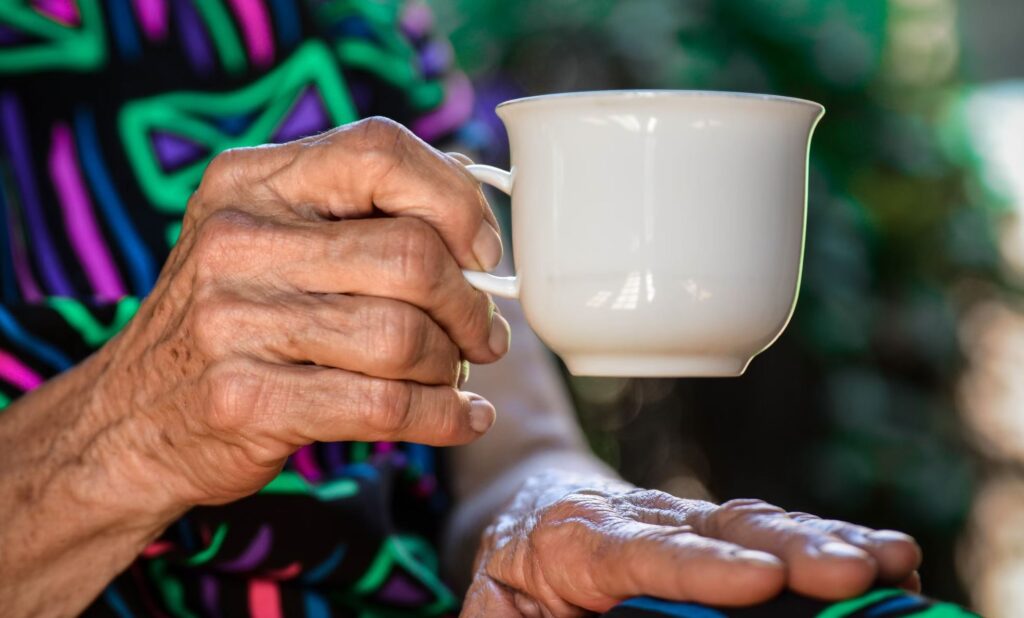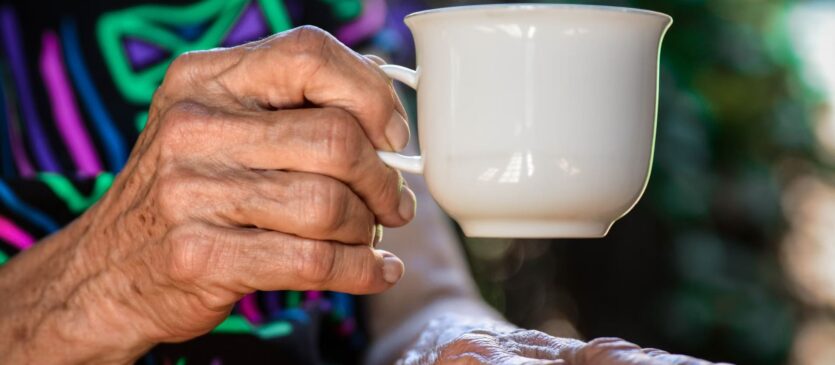Do you suspect that your elderly loved one needs help that can only be provided by professional caregivers of facilities? Read on to find out.
As people age, there are many mental and physical changes that occur. Over time, these changes can make elderly people have difficulty performing what used to be routine, ordinary tasks. Things that are one easy are not difficult to do. When this happens, it’s important to provide them assistance so they can enjoy a better quality of life and keep themselves safe.

Here are the 10 signs that an overwhelmed elderly loved one needs help.
- Garden or yard needs tending. Seniors who live in their own houses may need help cleaning and clearing their yard. There may be an overgrowth of weeds, or on the contrary, dried up and wilted plants. Gardening and keeping the yard well-tended may require a kind of physicality that your elderly loved ones may not be able to exert anymore.
- Home is in disrepair. Watch out for signs that the house needs major repairs and maintenance. Their fences may already be broken, the gutters may have been clogged, their doors and windows may already be broken as well. Most importantly, check if their house’s lighting is in order. Replace bulbs and make sure the house is well-lit for their safety.
- House is cluttered and dirty. Seniors may not be as active as nimble as they were. They also may not care so much about their home’s condition. Watch out for dusty furniture and spaces. The carpets and rugs may also be dirty or stained. Check their kitchen as well, for any dirt, clutter, and even pests. Furthermore, check the pantry for any expired items. As for the bathroom, check if it may be dirty and slippery. Get rid of expired personal care and hygiene products here as well. You may also want to check their medicine cabinet to throw out expired medication.
- Check on their finances. They may be experiencing mental confusion on top of physical exhaustion. This may cause them to also forget their financial obligations, such as bills. Check their bills and make sure these are in order, as well as their banking.
- Personal care is neglected. Check on how they are doing in terms of hygiene and personal care. Are they well-groomed? How are their clothes? How about their glasses or hearing aids?
- Unmet health needs or worsening condition. Check on their health. How are they managing it? Do they have missed doctors’ appointments or prescriptions that need to be refilled? Make sure their medication is properly managed as confusion with medication may lead to serious consequences. Are they experiencing any pain or conditions that need to be attended to?
- Inability to eat healthy food. Your elderly loved one may not be able to shop and prepare for healthy food for themselves. Check if they’re eating well and are eating the right food. Do they also have a good appetite or have suddenly lost it? Do they have proper, well-stocked food in the pantry or do they need help with preparing and cooking their food?
- Socialization is declining. Check if your elderly loved one has suddenly lost interest in socializing. Have they withdrawn from their friends and family? They may also have mobility issues that prevent them from moving around.
- Unexplained injuries. Do they have a caregiver in their home? They may be suffering with elderly abuse, something that must be checked and addressed as soon as possible.
- Serious illness has been diagnosed. Perhaps your elderly loved one may have been recently diagnosed with a serious and/or chronic illness. This would require them to be assisted by someone especially in managing their medication, helping them in the house, and practically provide assistance. You may also consider getting them into an assisted living and nursing home facility so that they can be carefully and thoroughly watched over by a team of experts in caregiving and in providing medical care.
Talk to us at Blessed Home to find out how we can best help you care for your loved ones.


Recent Comments